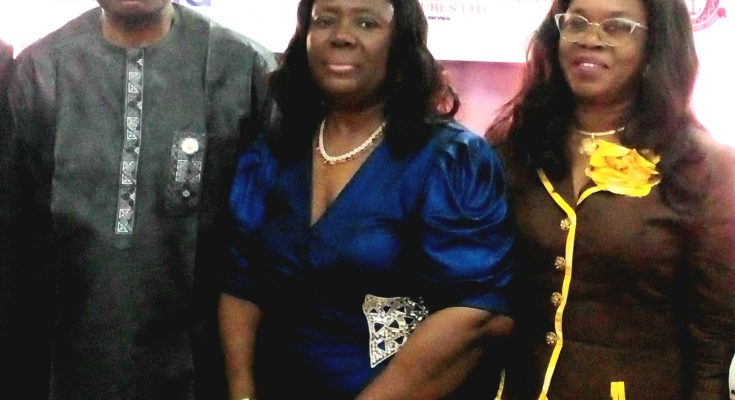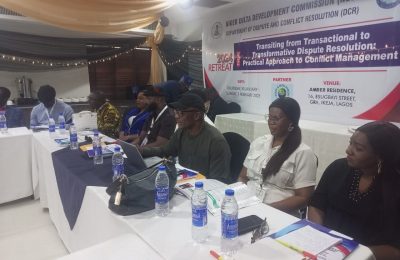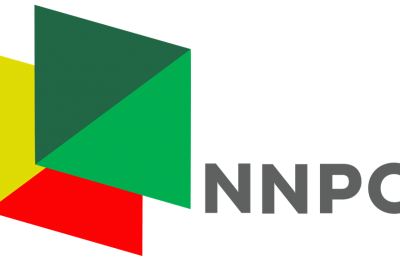
Pioneer and past Vice-Chancellor of Afe Babalola University Ado-Ekiti (ABUAD), Prof Sidi Osho has urged Nigerian government to adequately invest in the education sector and make it attractive to foreign students and investors.
Osho made this assertion at a National Education Stakeholders’ Conference organized by the Education Update International in Lagos recently.

She was a keynote speaker at the annual conference, which was the third edition, delivering paper on the topic, “Private Initiatives and the Nigerian Education Sector: Gains, Shortfalls, and Ways Forward.”
According to her, Nigeria needs to promote transnational education sector and makes it the largest market in Africa to be able to boost the local economy and reduce pressure on forex demands.
She noted that private sector involvement and collaboration in this regard would equally go a long way in achieving the dream.
ALSO READ: Flood: ECOWAS parliament urged to promote gender-based projects
While making reference to a report by the Central Bank of Nigeria which put the capital flight including personal travel allowances from Nigerians for foreign studies between 2010 and 2020 at $58.7 billion, Osho declared that significant part of such humongous amount could have stayed in the economy, strengthening the Naira.
Osho decried the various challenges confronting both public and private education in the country, while commending private sector for their immense contribution to education development and production of manpower for the economy.
According to her, there is rapid expansion of private participation in the country’s education sector across levels in the recent years.
For example, she said, the number of newly established private schools from primary to tertiary levels in the last one to two decades is not only about five times of that of the public schools, the enrollment is also about 10 times higher than the public sector during the same period.
She noted that this development happened across the 36 states of the federation and the federal capital territory.
“That is why I believe that even though the journey towards the support of the private sector in making our education system sustainable is with challenges, it requires involvement of all stakeholders including government, organised private sector, the academia, civil society organizations, community-based associations, and the media to drive the process,” she added
The scholar, however, acknowledged the contribution of the organizers of the conference to the promotion of quality education in the country, saying the efforts are unquantifiable.
In another presentation, Prof Godwin Oyedokun, who spoke on “Impacts of effective education budgeting in national development,” urged school owners, other educators as well as individuals to always avoid emotional spending.
According to him, most Nigerians spend out of schedules which are not intentional and unwise.
Oyedokun, who is a professor of accounting and financial development, noted that most people extend this non-intentional spending to their businesses, causing lots of problems for sustainability.
In his remarks at the event, the Lagos State Commissioner for Tertiary Education, Mr. Sule Tolani, who was represented by the Permanent secretary of the ministry, Mr. Adeniran Kasali, acknowledged the crucial role played by the private educators in bridging gap of educational needs by Nigerians.
He pointed out that for Nigeria’s education to meet the 21st-century manpower needs required the private sector at individual, group or corporate levels to join hands with the government.
Earlier in her welcome address, the convener of the conference and CEO of Education Update International, Mrs. Modupe Onabanjo, emphasised the importance of Nigeria having quality education system that is globally competitive.
She said that was the essence of the conference for stakeholders, especially in the private sector, to evaluate the current state of Nigeria’s education sector in comparison to the previous narrative and what to do to move it forward.
Mrs. Onabanjo mentioned that while government needs to buckle up by providing enabling environment for private school educators to thrive, private sector participants would also need to step up on their roles.
She said a communiqué would be issued at the end of the conference and make available to relevant authorities and agencies for utilisation.








